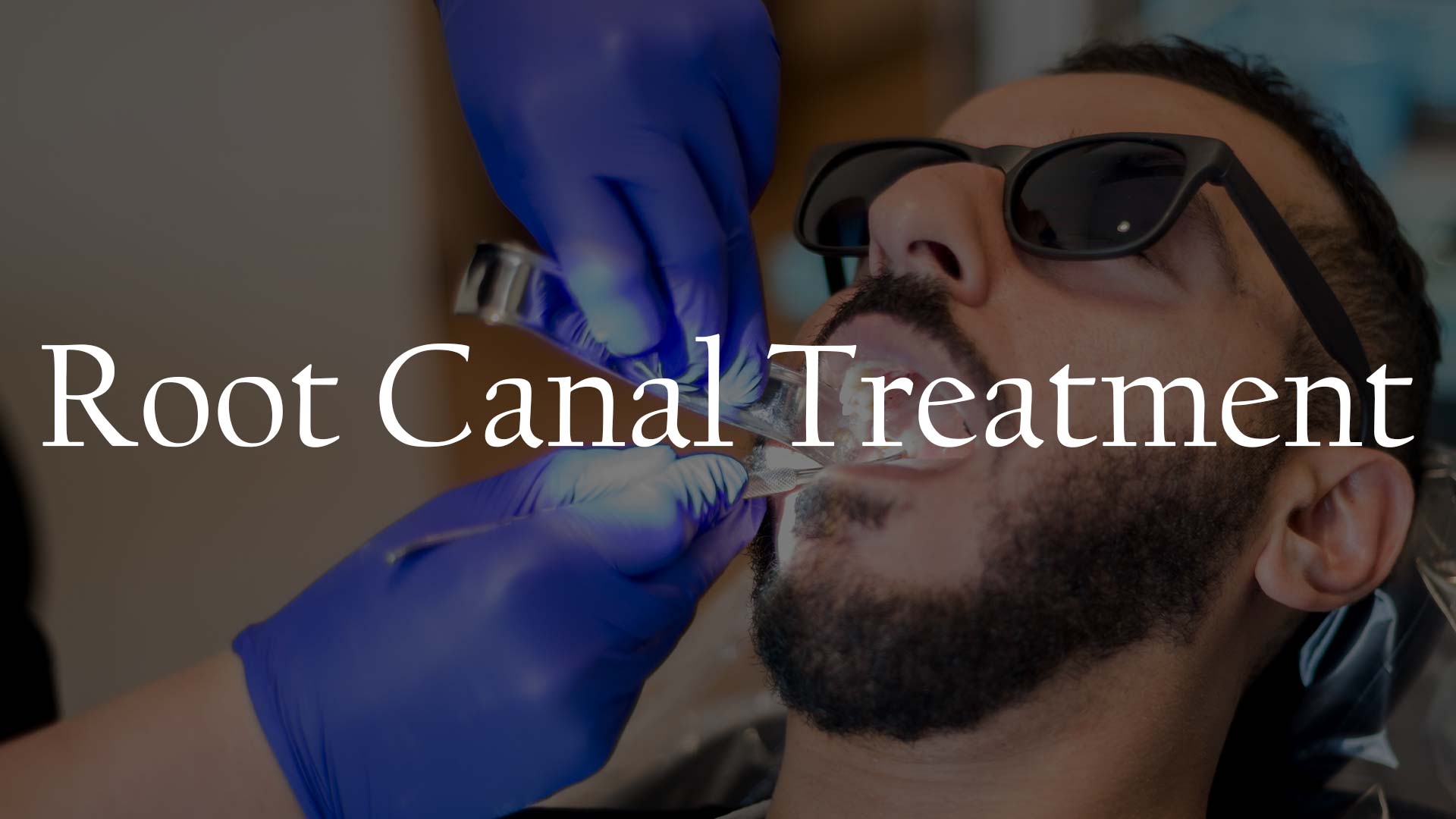What is a Root Canal Therapy? A root canal is a dental restorative procedure that saves your infected teeth and roots by cleaning and sealing the area. Here are some issues when your dentist may recommend root canal treatment.
- Your cracked teeth due to injury or genetics
- Deep cavities that reach the pulp
- Issues with previous fillings procedure
Your teeth are divided into many parts, such as the uppermost layer, called enamel or dentin. And the inner layer is called soft tissue or the pulp that contains blood vessels, connective tissues, and roots. The pulp allows your teeth to grow during their development stages; however, developed teeth can exist without the core or the pulp because surrounding tissues can nourish the other teeths. Therefore your Root Canal Dentist removes infected or dead teeth's pulp after cleaning and disinfecting your teeth. They fill your teeth with dental material and seal the teeth.

What are the post complications of a root canal?
Most times, a root canal treatment can last for a long time. However, in some cases, your treated teeth may not heal properly and cousin pain or diseases months or years after the treatment. And then Dentist Emergency won't consider root canal treatment as an option and treats your teeth with differnt dental procedures.
The dental model of a root canal
Dental dentistry has a wide range of treatments for a particular type of infection and disease. There are alternatives for a root canal like pulp capping, pulpotomy, pulpectomy, endodontic retreatment, tooth extraction, endodontic and dental implants, or bridges. The following are dental procedures explained in detail for you.
Direct pulp capping
The Houston Dentist uses this as an alternative procedure for a root canal treatment to treat severe. Pulp with a dental material and calcium hydroxide and trioxide minerals aggregate to repair and maintain pulp. After filling your teeth with the material, your dentist applies material capping.
Pulpotomy
Dentists use this procedure when your tooth pulp is still alive, there is still blood flow, and your teeth respond to temperature and sensitivity. They remove the central core of your teeth, called the pulp. Your dentist often performs this treatment on baby teeth with some pulp damage. However, it may be performed on your permanent teeth with cavities and injuries that reach the pulp.

Pulpectomy
This is just the opposite treatment for pulpotomy, and your dentist uses this type of treatment to treat dead pulp teeth. They remove the whole part of your teeth, including the pulp in the roots, and removal of all the content of the diseased tooth ensures clean and infection-free roots and teeth.
Endodontic retreatment
Your dentist uses this treatment when you find pain like a root canal after dental procedures. In this, the dentist reopens your teeth and cleans the old filling material. Then they examine whether there is any new infection or any additional canal. Then, if any infection is present, your dentist cleans the canal again and shapes your teeth for new filling material.
You should visit your Dentist In Houston if you feel any pain or discomfort just after a few months of a root canal.
Article Source : https://www.spiceupblogging.com/what-can-i-do-if-i-cant-get-a-root-canal/
